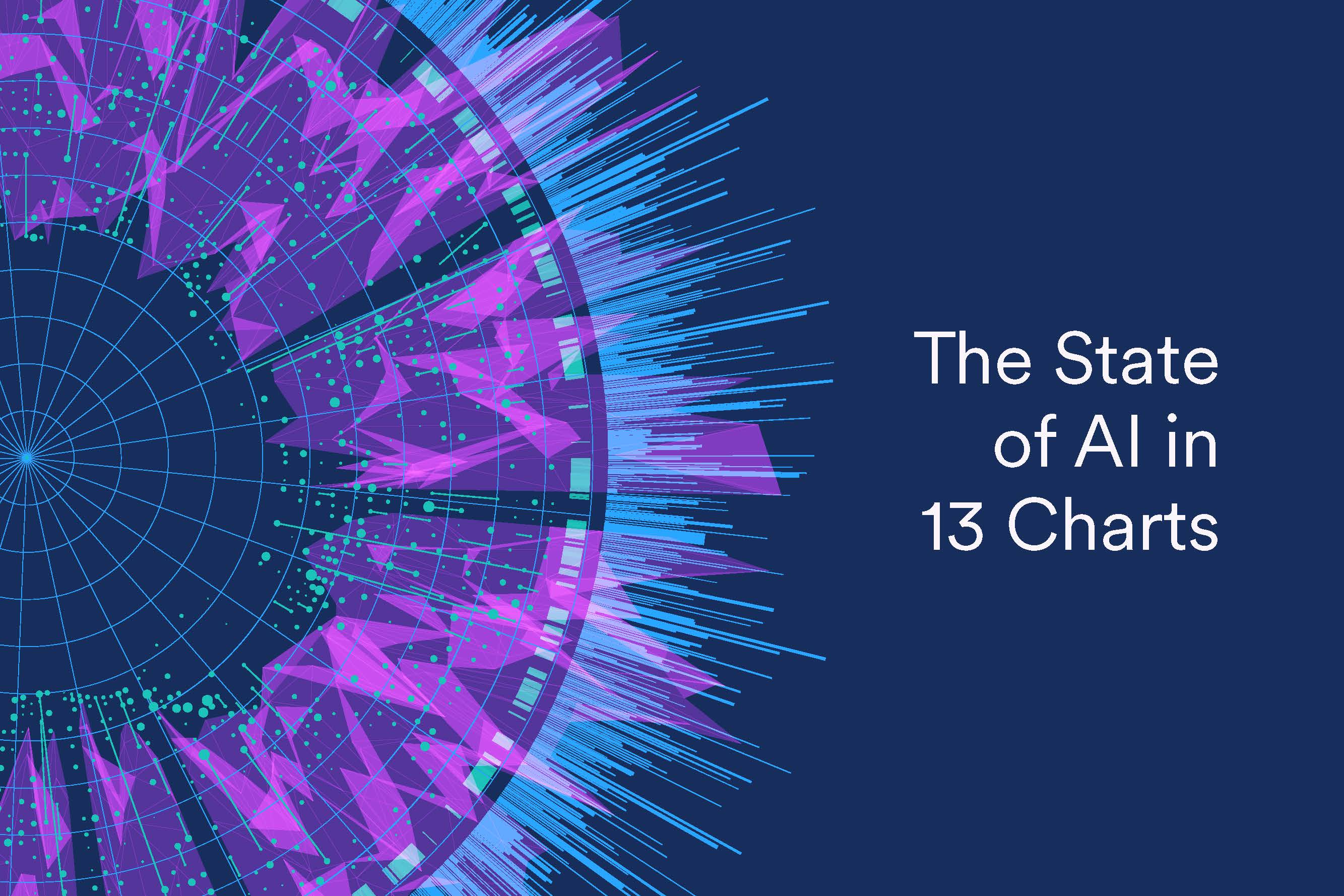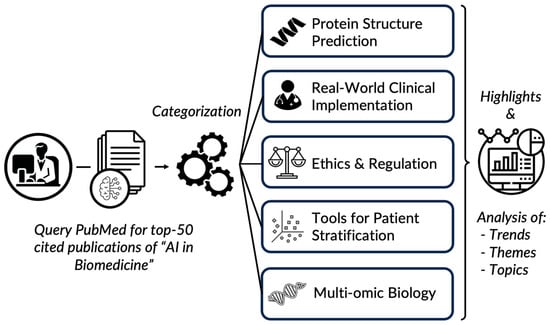Will AI win the Nobel for the U.S. from now on?

Back in September 2022, I was reporting on digital and AI:
(...) this Friday, I'd suggest we get some fresh air and a dose of solid optimism about what digital can achieve. How? Remembering that artificial intelligence cracked one of the most complex problems of modern biology this year: predicting the structure of 98.5% of the proteins known to science in 18 months.
Two years later, nearly to date, the Nobel Prize in Chemistry was awarded to researchers for breakthroughs in computational chemistry, recognizing work in AI-driven protein structure prediction and protein design. DeepMind's Demis Hassabis and John Jumper developed AlphaFold, revolutionizing how protein structures are predicted using AI. David Baker from the University of Washington was honored for designing new proteins with potential applications in medicine. Both advancements solve critical problems in biochemistry and highlight the transformative role AI is playing in scientific discovery this year.
The percentage of scientific papers using AI tools has increased significantly over the past five years. Research shows that AI has been increasingly integrated into various scientific fields, especially in areas such as pattern recognition, machine learning, and biological sciences like genomics and proteomics. For example, the share of research papers mentioning AI terms has doubled since 2015, with the rise in publications focusing on AI-driven discoveries and applications across disciplines.

This trend is reflected in biomedical research, where AI plays a pivotal role in clinical diagnostics and drug development. Major advancements like AlphaFold, used for protein structure prediction, have catalyzed a surge in AI-related studies in life sciences. As AI tools become more prevalent, the percentage of scientific literature utilizing these technologies continues to grow each year.
One bad news, though? Google might soon be the gatekeeper and bottleneck for the 'best' science possible, closely followed by Meta.

I don't know about you, but I don't think the most desirable outcome for research worldwide...











